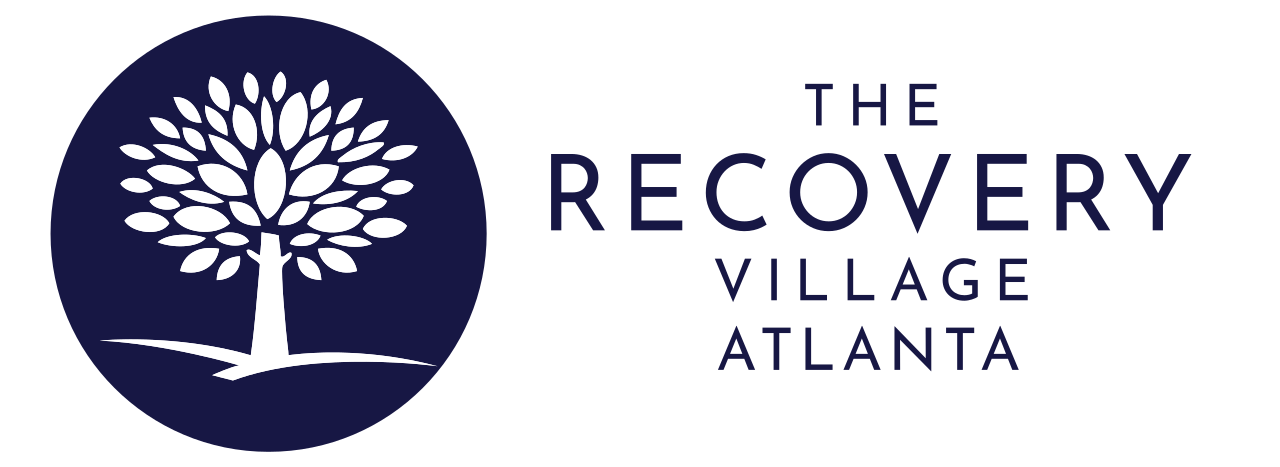Top Heroin Addiction Treatment Center in Atlanta, Georgia

By The Recovery Village Atlanta
Editor Abby Doty | Medically Reviewed By Danielle Boland
Last Updated: February 28, 2024
Editorial Policy | Research Policy
Heroin is an addictive and powerful drug with many short-term and long-term side effects. But there are treatment programs for people struggling with heroin addiction.
An opioid made from morphine, heroin is a powerful, addictive drug. Heroin hais been a key contributor to the opioid epidemic across the country. In one study of people going to treatment for an opioid use disorder, one-third said heroin was the opioid they first used to get high regularly. While heroin and other opioids are highly addictive, treatment is available.
Understanding Heroin Addiction
The Georgia Department of Public Health reports that since 2010, overdose deaths involving opioids have been on the rise in the state. Initially, this was driven by the misuse of prescription opioids like hydrocodone and oxycodone. Since 2013, the Department of Public Health reports heroin and fentanyl began driving the sharp increases in opioid overdose deaths. The area is called the “Heroin Triangle,” as heroin-related deaths have increased by nearly 3,850% in several counties. These counties include Cobb, Dekalb, Fulton and Gwinnett. These heroin-related deaths are clustered in some of Atlanta’s wealthy suburbs to the north.
Why Is Heroin Addiction So Dangerous?
Heroin rapidly binds to opioid receptors in areas of the body, including the ones that control sleeping, breathing, heart rate, pain and pleasure. When someone uses heroin, it affects the central nervous system, slowing or stopping breathing. This effect creates hypoxia, which means insufficient oxygen gets to the brain. Hypoxia can cause coma, permanent brain damage or death.
As well as the risk of overdose, heroin is dangerous because it’s often injected. Heroin injection puts people at risk of long-term, severe illnesses such as hepatitis B, hepatitis C and HIV. Injecting heroin also raises the risk of bacterial infection of the bloodstream, heart and skin.
It’s time to get your life back.
Signs of Heroin Addiction
Heroin addiction occurs when the drug activates the reward centers in the brain. When someone is addicted to heroin, their drug use is compulsive. They continue because it’s out of their control, even though they know their heroin use is causing problems for them. Signs of heroin addiction can include:
- Taking more significant amounts of heroin or other opioids and/or for longer periods than intended
- Unsuccessful attempts to control heroin use or cut down
- Spending a lot of time trying to get heroin, using it or recovering from its effects
- Cravings
- Not fulfilling obligations at home, school or work
- Continuing to use heroin or opioids even though it’s causing problems in relationships or socially
- Stopping other activities because of the use of heroin
- Using drugs in dangerous situations
- Continuing to use heroin even though there are psychological or physical problems that were probably caused or worsened by it
- Tolerance, meaning you need larger amounts to get the same effects
- Opioid withdrawal symptoms occur when cutting back or stopping
The physical or outward signs that someone is using heroin can include an initial rush of euphoria, along with symptoms like:
- Flushing of the skin
- Heavy-feeling arms and legs
- Severe itching
- Dry mouth
- Nausea
- Vomiting
- Nodding off and being in a state of semi-consciousness
- Problems with mental functioning/confusion
Long-Term Effects of Heroin use
Along with addiction and physical dependence, long-term effects of heroin use can include:
- Collapsed veins if injected
- Insomnia
- If snorted, damaged nasal tissue
- Infections in the heart lining and its valves
- Constipation
- Stomach pain
- Liver disease
- Kidney disease
- Lung complications
- Abscesses, which are pus-filled areas of swollen tissue
- Higher risk of mental health disorders like depression
- Irregular menstruation
- Sexual dysfunction for men

Do You Struggle With Heroin Addiction?
Let us build a treatment plan tailored to your needs and get you on the path toward a substance-free life.
Treatment for Heroin Addiction in Atlanta
The Recovery Village Atlanta is an evidence-based, comprehensive drug and alcohol addiction treatment program. Our team also treats co-occurring mental health disorders.
For many people, the first step in their treatment program is a medically supervised detox from heroin. During a medical detox at The Recovery Village Atlanta, patients go through heroin withdrawal in a safe, comfortable environment. It can make withdrawal more manageable, reduce the risk of complications and make detox easier to achieve so that a person can begin the next steps of their treatment and recovery.
Residential rehab, also known as residential treatment, offers access to a range of treatment services for heroin addiction. These services include individual and group therapy. Patients live onsite during their residential program and work to build habits for a healthy, drug-free lifestyle when they complete treatment.
The Recovery Village team will begin preparing an aftercare plan for someone as soon as they start their initial treatment. Effective treatment requires long-term aftercare to help someone with their lifelong recovery. Aftercare includes relapse prevention planning, referrals for community resources and recommendations for 12-step programs and other support groups.
Why Choose the Recovery Village Atlanta?
The Recovery Village Atlanta is part of the nation’s top network of addiction treatment centers. Our expert clinical team offers a continuum of care to support you in each step of your journey, improving the likelihood of a successful recovery. We recognize the importance of treating you as a whole person; you aren’t just your addiction, and your treatment should reflect that.
Let Us Help You Today
Whether you have questions or you’re ready to take the next step for yourself or your loved one, contact us to get started and get your life back.
sources
NIH National Institute on Drug Abuse. “Heroin DrugFacts”>.” June 2021. Accessed October 3, 2022.
Drug Surveillance Unit. “Opioid-involved Overdose Surveillance in[…]ce in Georgia.” Georgia Department of Public Health, June 29, 2022. Accessed October 3, 2022.
The Council on Alcohol and Drugs. “The Triangle Investigation.””><s[…]an[…]stigation.” 2017. Accessed October 3, 2022.
American Society of Anesthesiologists. “Opioid Abuse”>Opioid Abuse.” Accessed October 3, 2022.
Centers for Disease Control and Prevention (CDC). “Today’s Heroin Epidemic”>.” July 5, 2015. Accessed October 3, 2022.
American Psychiatric Association. “Opioid Use Disorder”>.” November 2018. Accessed October 3, 2022.


 Insurance
Insurance About Us
About Us Our Facility
Our Facility Admissions
Admissions Programs
Programs Medical Detox
Medical Detox Inpatient Rehab
Inpatient Rehab Aftercare & Recovery
Aftercare & Recovery
